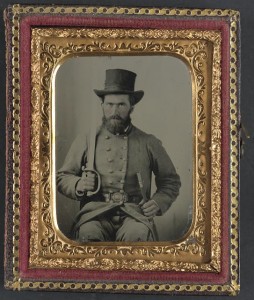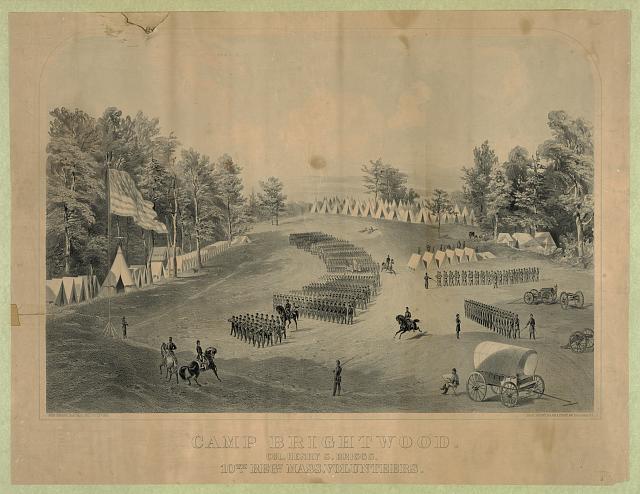Beet vendors beware
Before the Civil War banks could issue their own notes redeemable in specie. The National Banking Acts of 1863 and 1864 in the North changed that. One of the legislation’s goals was to create a national, less able-to-be counterfeited currency.
Confederate national currency was first issued in April 1861, but, as can be seen, people in Lynchburg were still taking notes issued by individual banks 150 years ago this summer.
From the Richmond Daily Dispatch August 2, 1862:
Prepared for swindling.
–Two men named John Jefferson and James Coley, who say they are from Washington county, and members of the 37th Va. regiment, were arrested yesterday with a large amount of bogus shinplasters in their possession, which they were endeavoring to pass. They had two sets of notes, one dated Petersburg, Va., signed “Jefferson & Daniel,” promising to pay bearer in currant funds two dollars, when presented in sums of ten dollars and another dated Wytheville, signed “Banking Company,” of the denomination of one and two dollars. They succeeded in passing six dollars of the Petersburg issue at the Cabell House, and one dollar at the Norvell House, and when arrested, were attempting to pass upon a negro market man a two dollar note in the payment for a bunch of beets, for which the negro would have given them good money in change. These notes were dated Petersburg and Wytheville, July 21, but were printed in this city. A search of their persons and baggage showed the fact that they were going into the swindling operation upon an extensive scale, having about $2,000 of the bogus money in their possession. They were committed to jail for trial this morning.–Lynchburg (Va.) Republican, 23rd.
From the Richmond Daily Dispatch August 1, 1862:
In the Wrong clothes.
–Detective J. W. Goodrick arrested yesterday, on Main street, a man clothed in a complete Yankee uniform, the knapsack denoting the fact that the owner belonged to the “10th Mass. Vols.” On being accosted, the man pulled out a passport, by which it appeared he was a member of a Georgia regiment, in search of the Transportation office. He said he had captured the clothes in battle, and being better than his own, he had put them on. The officer let him go, but advised him to procure another suit as soon as possible.
After a shoddy start the North’s manufacturing prowess appears to be taking hold (and the North’s blockade of the South is inhibiting the South’s ability to trade for the goods it needs).
The 37th Virginia Volunteers Infantry Regiment served the CSA from July 1861 until the end of the war: “Two officers and 39 men surrendered in Appomattox in April, 1865.” Desertions were probably part of the loss. Looking through the regiment’s roster I noticed a couple possibilities for James Coley, but I did not see any Jeffersons.
You can read about the 10th Massachusetts Volunteer Infantry, which served three years and was mustered out after the Overland Campaign.


